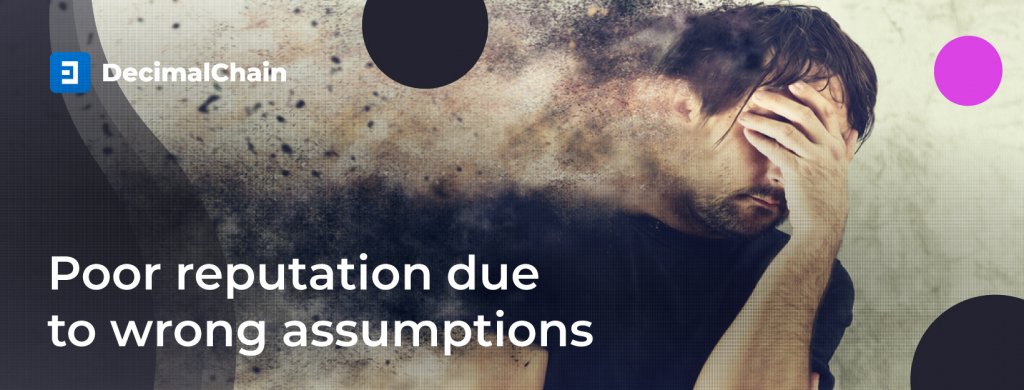Fiat is Mostly Used for Money laundering
Claims that cryptocurrencies, including Bitcoin and Monero, have been used for many years as a means of spreading illegal activities such as money laundering are big fat lies.
Bad reputation due to incorrect assumptions
From the very beginning, and perhaps due to a lack of understanding of the underlying technology behind Bitcoin, as well as the nature of BTC transactions, attackers rushed into the crypto space in the hope of shifting their dishonest earnings. But, to their surprise, they found out that this is not so easy to do.
Over the years, law enforcement agencies have confiscated and auctioned millions of dollars ‘ worth of Bitcoins. However, this cannot be said about banks. Surprisingly, despite the transparent nature of the operations, the mainstream media continues its disinformation campaign. They deliberately exclude irrefutable facts, in a desperate attempt to cover up the banks that are the main culprits here.
Bitcoin and most crypto networks, unlike traditional legacy finance, operate transparently and openly.
Without a single regulatory authority and third parties able to help analyze all coin movements and, therefore, critical financial information, they can analyze huge data sets and even crack the identities of transaction participants, since by default all BTC transactions, due to cryptography, are aliases.
Cryptocurrency exchanges classified as financial service providers have made it extremely difficult to launder money in any form. Compliance with the “Know Your Customer” (KYC) and anti-Money Laundering (AML) rules helps regulators get behind the wall of anonymity and pseudonymity of cryptocurrency transactions. Therefore, it is a bad idea to abuse this new financial instrument.
That’s not all. Third-party blockchain analytics companies that law enforcement agencies or exchanges contract with in the event of exchange hacking have become more sophisticated over the years.
For example, Chainalysis has a contract with the Internal Revenue Service (IRS). They claim to possess the necessary technology to unlock the anonymity disguise of Monero transactions.
However, as previously reported, this task is challenging in many ways, according to the developer directly involved in this project.
“Hacking” as an excuse
Often critics of cryptocurrency and Bitcoin shout that the number of hacks and thefts is appalling. The good news for them is that their numbers have been declining over the years. In addition, there are sophisticated security systems, such as SAFU Binance, and other carefully designed insurance measures used by institutional cryptocurrency custodians to protect funds in undesirable circumstances.
The $200 billion is in fees and fines paid only by those U.S. banks that were caught laundering money. The same cannot be said about banks, which are probably masters in this business. But they all use fiat, not crypto. Judging by the multibillion-dollar fines paid in compensation, they seem to slip away every time.
And the numbers don’t lie.
In just 20 years in the US, banks have been fined $ 200 billion in more than 395 cases. Affected banks include J. P. Morgan, Citi, and Wells Fargo, to name just a few. Here’s what’s interesting: their behavior has deteriorated in the years since the Great Financial Crisis (GFC), according to Better Markets, a Washington-based advocacy group.
Worryingly, from 2008 to the end of 2020, banks faced 314 serious lawsuits.
Operating with multibillion-dollar amounts, these cases range from bribery, to money laundering, to massive mortgage-backed securities (MBS) fraud, which was almost disastrous for banks, which gave rise to Bitcoin.
But here’s the bad news: the relapse rate is shockingly high. Even worse, these global banks, being too big to fail, are often bailed out with taxpayer money, even after their misdemeanors of money laundering and other criminal activities, such as fueling terrorist networks. According to Better Markets, if global banks are put on a higher standard, they will all simply disappear from the markets.
Even in this gray world, as Binance’s Changpeng Zhao put it, cryptocurrency companies (mostly exchanges) constantly maintain high standards in the spirit of blockchain transparency.
They also combine technology and artificial intelligence to monitor compliance with existing laws to prevent criminal activity.
